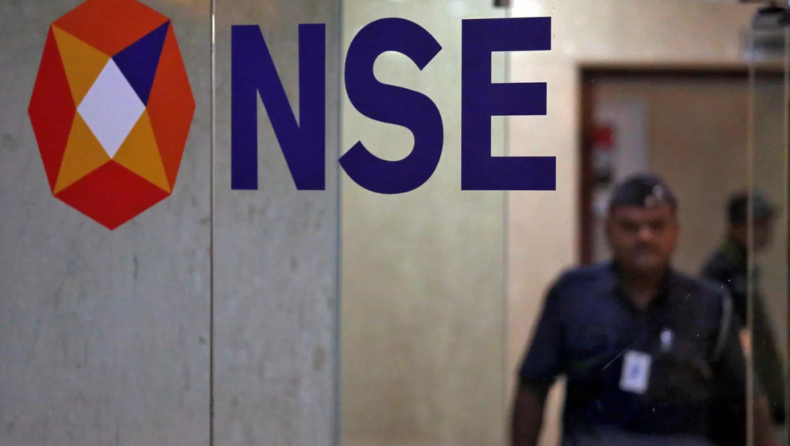The most recent activity appears to be in line with Sebi’s goal of controlling bigwig trading and examining the compliance status of databases held by listed entities “said Moin Ladha, a colleague at the legal firm Khaitan & Co.

Highlights –
- A compliance certificate form was distributed a week ago by the National Stock Exchange (NSE), the biggest stock exchange in the country.
- The compliance certificate for the quarter ended June 2022, a company will need to certify that in addition to indicating whether it keeps an SDD.
- A compliance officer said that the database might be altered through inspection and stamping.
Mumbai: Insider trading is one of the ills that the Indian stock market faces, and there are efforts underway to examine if major, actively traded businesses are abiding by the regulations.
The National Stock Exchange (NSE), the largest stock exchange in the nation, shared a compliance certificate template with many businesses a week ago.
This format requires businesses to specifically state whether they have control over who can access unpublished price-sensitive information (UPSI), especially if the information is time-stamped to keep track of who is receiving it when and whether there is a possibility of record-tampering.
“Companies have been asked by NSE to provide proof of compliance, presumably so that NSE can verify if the information has been kept in a way that allows for appropriate bidding.
The latest action appears to be consistent with Sebi’s aim of controlling bigwig trading and examining the compliance status of databases held by listed entities “Moin Ladha, a colleague at the law firm Khaitan &Co, said.
The Cos Must Maintain SDD

This action by Sebi coincides with previous actions the regulator has taken, such as automating trading bans during the closing window period, Ladha added.
Listed companies are required to maintain a structured digital database (SDD) to store UPSI, which includes a variety of information like financial figures, business plans, opinions to sell off a plant, junction, demerger, tip, etc. that can affect the stock price, under the bigwig trading prohibition regulations of the Securities and Exchange Board of India.
UPSI includes a variety of information like financial figures, business plans, opinions to sell off a plant, junction, demerger, tip, etc. that can affect the stock price.
However, request circles and a few officials with nonsupervisory powers have long held the suspicion that only a small number of businesses have a functional SDD in place.
The exchange is now keeping tabs on how strictly businesses are adhering to the guidelines.
In the compliance certificate for the quarter that ended June 2022, a company will have to confirm that, in addition to stating whether it maintains an SDD.
The names of the individuals with whom information is shared have been captured along with a permanent account number (PAN) or any other identifier, whether all UPSI has been captured in the database (and, if not, why).
How come some UPSI wasn’t recorded?
It is impossible to emphasize the significance of inspection, time prints, participant, and information-entry uniqueness.
For instance, it could be necessary to discuss certain sensitive material with a lawyer, investment banker, or consultant.
To prevent someone with access to insider knowledge from trading on it, it’s crucial to maintain track of when the information was shared.
The database might tamper with the aid of inspection and stamping “a compliance officer stated.
Read More – Positive Stock Market Outlook thanks to Hopes for a soft landing – Asiana Times













